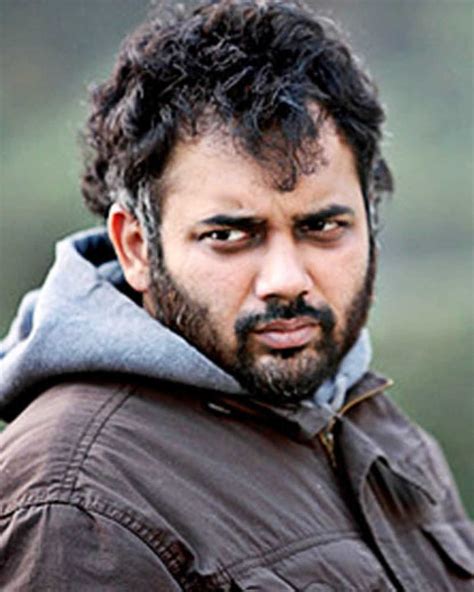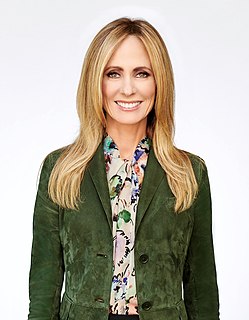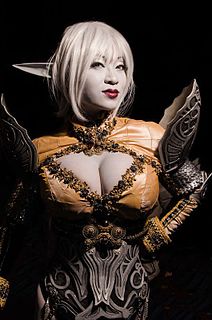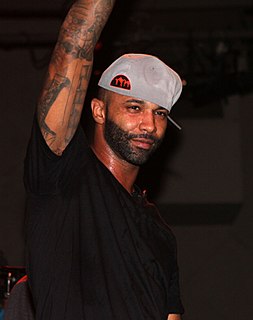A Quote by David Crane
We were advised that nobody could stop us from pursuing our craft simply because we had honed, or even developed that craft while working at a company.
Related Quotes
The development process is not that simple... When I started working at Fox in '92, the company had decided that dramas were dead: they weren't viable businesses and because newsmagazines were so efficient to produce and financially so much more tolerable than a drama. So that year, our company developed very few dramas.
150 years ago in [Charles] Dickens's time there was at least a sense of craft. So some of the things people had inside of them, they had the possibility of expressing in the making of things - even in a daily way with their clothes or their food. People made a good deal of both themselves. Now our daily lives are almost all consumption. Craft plays a tiny role.
Art is craft: all art is always and essentially a work of craft: but in the true work of art, before the craft and after it, is some essential durable core of being, which is what the craft works on, and shows, and sets free. The statue in the stone. How does the artist find that, see it, before it's visible? That is a real question.



































